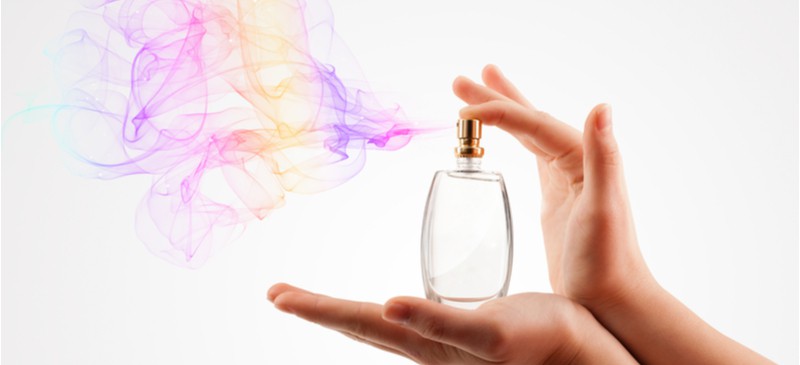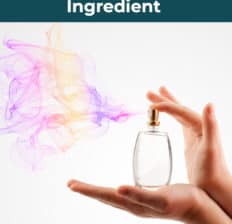This Dr. Axe content is medically reviewed or fact checked to ensure factually accurate information.
With strict editorial sourcing guidelines, we only link to academic research institutions, reputable media sites and, when research is available, medically peer-reviewed studies. Note that the numbers in parentheses (1, 2, etc.) are clickable links to these studies.
The information in our articles is NOT intended to replace a one-on-one relationship with a qualified health care professional and is not intended as medical advice.
This article is based on scientific evidence, written by experts and fact checked by our trained editorial staff. Note that the numbers in parentheses (1, 2, etc.) are clickable links to medically peer-reviewed studies.
Our team includes licensed nutritionists and dietitians, certified health education specialists, as well as certified strength and conditioning specialists, personal trainers and corrective exercise specialists. Our team aims to be not only thorough with its research, but also objective and unbiased.
The information in our articles is NOT intended to replace a one-on-one relationship with a qualified health care professional and is not intended as medical advice.
Europe Bans Toxic Fragrance Ingredient (It’s Still Legal in the U.S.)
March 8, 2022

The dangers of synthetic scents are well-documented. Synthetic ingredients, often listed as “parfum” or “fragrance” on personal care product ingredient lists, are proprietary mixtures that may contain a blend of harmful ingredients. There was a bit of good news overseas, recently, though, as headlines read, “Europe Bans Toxic Fragrance Ingredient.”
The ingredient in question, butylphenyl methylpropional, is also known as lilial. (Just the word elicits a fresh, floral scent!) And it is still perfectly legal for use in the United States.
Europe Bans Toxic Fragrance Ingredient
In 2020, the European Union classified lilial as “reprotoxic.” That means it is harmful to not only fertility, but fetal development, too. The European Commission went as far to say the ingredient “cannot be considered safe.”
Fast-forward to March 1, 2022, and all products with that ingredient had to be off of store shelves throughout the European Union. The sought-after scent helps carry floral notes in everything from household cleaners and detergents to shampoos, conditioners, antiperspirants, moisturizers and even shaving creams.
“The use of personal care products like cosmetics and fine fragrance is a critical but underappreciated source of exposure to chemicals linked to reproductive harm. Ingredients that may harm fertility have no business being used in cosmetics.” – Carla Burns, EWG senior director of cosmetic science
Still Legal in U.S. (Why?)
Why are some cosmetics banned in Europe but not the United States? Europe, Canada and many other countries tend to be way ahead of the United States in terms of protecting consumers from harmful cosmetics chemicals. (If you need proof, check out this list of cosmetic ingredients banned in Europe.)
Public health advocates are taking steps to help fill in the gaps in protection. For instance, at the end of 2020, researchers at Environmental Working Group added lilial to the EWG VERIFIED™ program’s list of unacceptable product ingredients. Even the International Fragrance Association limits the use of lilial in cosmetics.
Learn more about in this Women’s Voices for the Earth video:
But it’s still cropping up in more than 1,000 personal care products in the U.S., according to EWG’s Skin Deep Cosmetics Safety Database.
Here are just a few of the products shown to contain lilial, according to EWG:
- Mane ‘N Tail shampoos
- Garnier Whole Blends Avocado Oil & Shea Butter Extracts Nourishing Shampoo
- Bumble & Bumble Prêt-A Dry Shampoo
- Paul Mitchell Fast Drying Sculpting Spray
- TRESemme Two Extra Hold Non-Aerosol Hair Spray
- Redken Shine Flash 02 Glistening Mist
- Kim Karsashian Eau De Parfum Rollerball
- BEBE Body Mist
- Victoria’s Secret Dream Angel Rollerball
- Marc Jacobs Eau De Toilette Spray, Daisy
Of concern is this: This certainly isn’t the only ingredient we need to worry about.
Studies link some fragrance ingredients to an increased risk of:
- Eye irritation
- Skin irritation
- Hormone disruption
- Increased risk of breast cancer
- Asthma
- Infertility
How to Avoid Toxic Beauty Ingredients
Because U.S. chemical regulation is so weak and doesn’t properly test for long-term impact on human health and ecosystem damage, it’s tough to completely avoid toxic beauty ingredients. If you want to help get toxic ingredients out of everyday products, tell Congress to support safer cosmetics.
Senators Dianne Feinstein (D-Calif.) and Susan Collins (R-Maine) introduced legislation that would require cosmetics companies to prove their products are safe before marketing them. (Hello! Common sense!) It would also give the federal Food and Drug Administration the power to review risky ingredients, explains EWG.
Aside from lobbying Congress to meaningful protect, you can take smaller steps to help reduce the damage to you and your family
- Opt to avoid personal care products with ingredients that list “parfum” or “fragrance” on the ingredient list.
- Make your own, unscented cleaning products using basic ingredients.
- Lobby your workplace, fitness center, and local schools and businesses to implement fragrance-free policies.
Conclusion
- The European Union recently banned a toxic fragrance chemical called butylphenyl methylpropional (aka lilial).
- Although its chemistry provides clean floral notes, here’s the dirty truth: It’s harmful to fetal development and fertility.
- Lilial is still legal for use in the United States, thanks to lax chemical regulation laws.
- You can opt for unscented products and look for safer alternatives on EWG’s Skin Deep Database, but ultimately citizens will need to force change at the legislative level for broad-spectrum protection from harmful fragrance chemicals.



